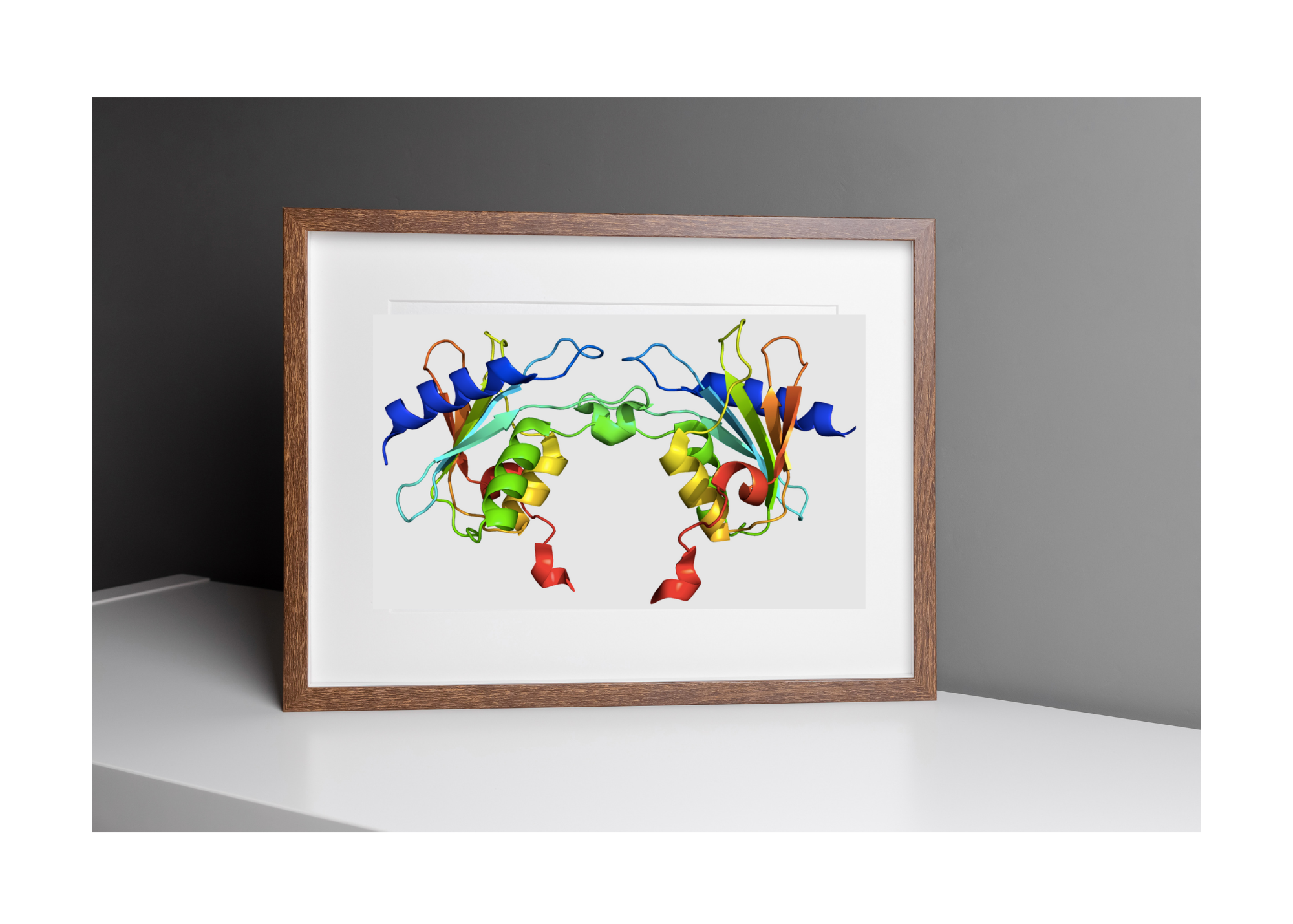Activation Induced Deaminase and Potential Therapeutic Avenues
DOI:
https://doi.org/10.52243/bptjm.v1i2.21Keywords:
AICDA, Lupus, gene therapy, autoimmune, cancer, therapeutic advances, type 1 diabetesAbstract
Activation induced cytidine deaminase (AID) is an important enzyme that creates mutations in DNA via deamination of a cytosine base into a uracil. AID, also referred to as activation induced deaminase (AICDA), plays a crucial part in the human immune response as it is essential for isotype switching and cellular differentiation. However, aberrant expressions in some pathways has been implicated in a plethora of diseases. There is a pressing need for research and comparison of current literature that informs related therapies. Previous studies have explored potential mechanisms by which AID works and subsequently ways to target gene therapies based on this information. Due to AID’s complexity, there have been many challenges along the path that led to our current understanding of the beneficial and harmful nature of AID. Furthermore, a better understanding of the way AID works can aid with the development of more efficacious therapies. Although further research on the topic and additional testing in humans and animal models are needed, it is clear that AID may play an important role in the development of therapeutic treatments in diseases like cancer, lupus, and type 1 diabetes.
Downloads






